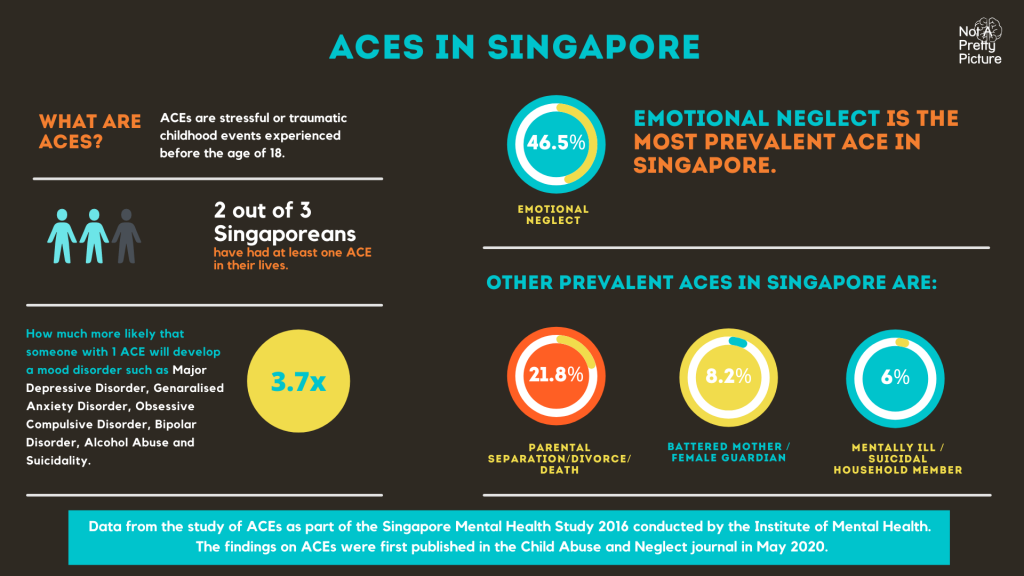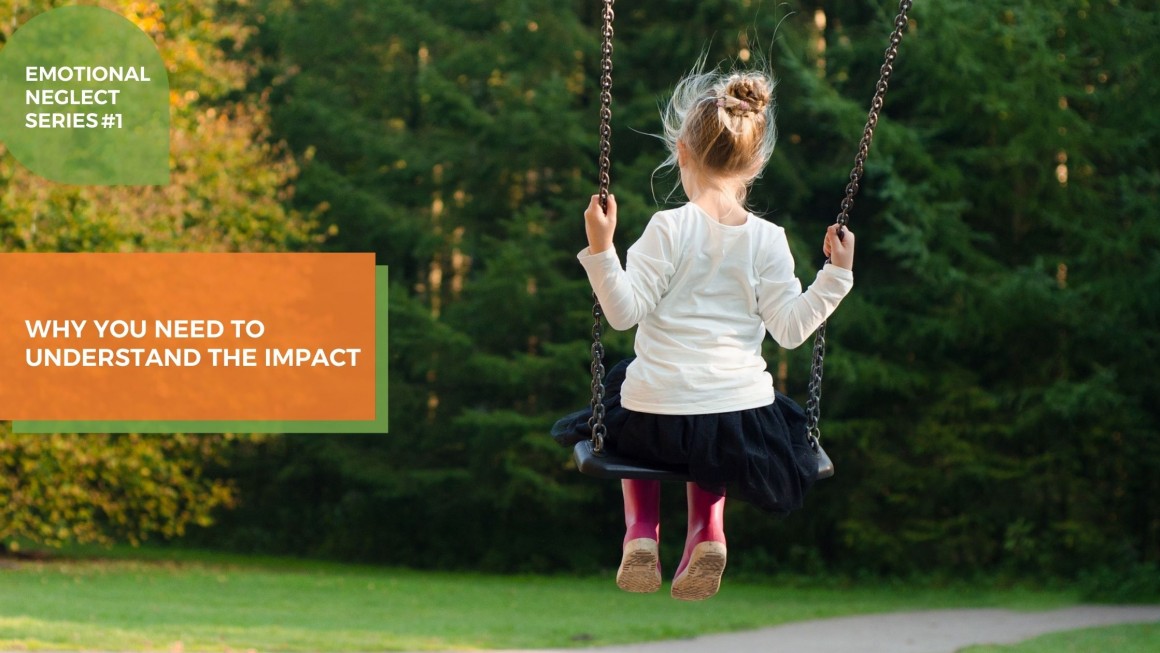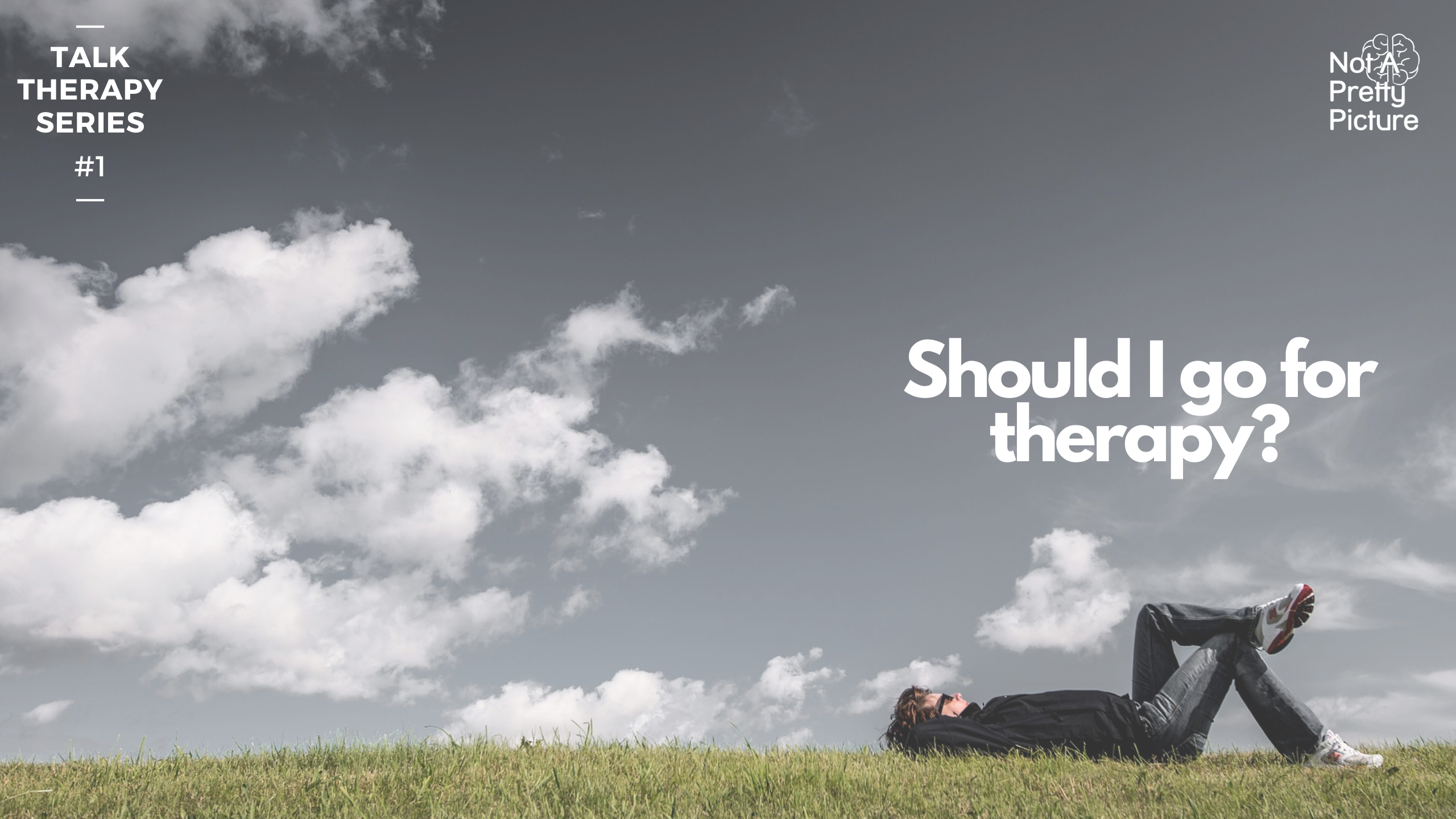Last year, in a bid to understand all my complex and conflicting emotions towards my “family”, my psychologist had asked me about my childhood, especially about who had supported my emotional needs.
And I drew a blank. “I don’t recall talking to either parent about my issues,” was what I told her.
I had started therapy because after years of emotional turbulence in a rotating wheel of anger, resentment, hate, guilt, sadness, I decided that enough was enough.
Time for professional help so that I can prevent, or at least, reduce the instances of me lying on the floor, sobbing like the world was ending and not being able to see a way out.
And, I now have more clarity as to why I feel the way I feel.
All neatly summed up in two words – Emotional Neglect.
I first heard of this term when my psychologist passed me a copy of Dr Jonice Webb’s Running on Empty, a book on overcoming childhood emotional neglect.
Psychologists liken Emotional Neglect to what didn’t happen rather than what did. The book suggests that many emotionally neglected children would have received excellent physical care and would have come from families that seemed ideal.
And yet, many adults with childhood Emotional Neglect struggle with the impact of growing up without having had their emotional needs met, which manifests in adulthood as emotional imbalances and mental health issues.
And these adults just cannot seem to pinpoint exactly why they have emotional turmoil. They often think back to their childhood as ideal, that their parents gave them everything they needed, and so, why should they have these feelings of anxiety or anger or guilt or depression or failure or emptiness, and so on.
For me, upon understanding the idea of Emotional Neglect, it became so clear why I would sometimes suddenly flare up in anger, or, conversely, fall into a dark hole of depression when touched by seemingly insignificant triggers.
So what is Emotional Neglect?
Before we answer that, we need to know about Adverse Childhood Experiences (ACEs).
ACEs are stressful or traumatic childhood events experienced before the age of 18.
And Emotional Neglect is an ACE, alongside other events such as Parental Separation / Divorce, Physical Abuse / Neglect, Battered Mother / female guardian, Mental Illness in the household, among others.
What is the impact of having an ACE?
Research has shown that ACEs may cause harm to a child’s health and development. They also increase the risk of developing mental illnesses such as depression and anxiety later in life.
In Singapore, we had our 1st study on ACEs done by the Institute of Mental Health as part of the *2016 Singapore Mental Health Study. I’ve captured some of the key findings in the infographic below:



Bottom line: 2 out of 3 Singaporeans have had at least one ACE in their lives, of which the most prevalent is Emotional Neglect, and the likelihood of them developing a mood disorder increases by 3.7x with just 1 ACE.
These disorders include Major Depressive Disorder, Genaralised Anxiety Disorder, Obsessive Compulsive Disorder, Bipolar Disorder, Alcohol Abuse and Suicidality.
You may know someone with one of the above disorders. We joke about how our “screwed up” childhood is to blame for everything, but ACEs are a very real thing, and with these statistics, we should be taking this seriously.
And the most significant ACE – Emotional Neglect:
At 46.5%, Emotional Neglect is the most prevalent ACE experienced by Singaporeans.
Emotional Neglect? Some may think that this is some hippie or mollycoddling psychological idea. Parents may think “I put a roof over your head, fed you, paid for your studies, what else do you want?”
Even the adults of childhood Emotional Neglect can be incredulous when told that they have Emotional Neglect: “My parents provided well for me”, “They did the best they could”, “I had everything I needed” are likely retorts.
And yet, these same adults carry painful and negative feelings towards their families, and at the same time, feel guilty for their “illogical” feelings. This is because they cannot see that what was missing, rather than what was there, in their childhood is the reason for the mental health issues they are facing in adulthood.
It is not only about a child’s physical needs, it is also about their emotional needs.
The invisible manner of Emotional Neglect is the thing that trips people up. It’s not visible like Physical or even Emotional Abuse where often, the harmful behaviour is obvious and intentional.
Emotional neglect, on the other hand, is a “non-event”. While it can be an intentional disregard for a child’s feelings, but it can also simply be a failure to notice a child’s emotional needs.
Nobody said it’s easy to be a parent especially when we talk about providing for emotional needs and often, these parents have been emotionally neglected themselves, so they do not exactly have the best role models in this aspect.
Since it’s such an invisible area, one might wonder in which situations psychologists would consider emotional neglect as the reason for their client’s struggles.
There is a standardised test for ACEs used by the World Health Organisation to determine whether there was Emotional Neglect, and the questions include: 1) whether parents understood the child’s concerns and worries and 2) did they know what the child was doing in their free time.
To me, the above sounds like something pretty basic all parents should look out for and know, right? But looking at the data and reflecting on my own experiences, I realise this is an erroneous assumption.
In my case, I don’t recall ever getting any form of emotional support from my parents. Physical wants, more than met, but emotional needs?
So it was like I was invisible?
Here’s an interesting anecdote for you. As part of therapy homework, I had to answer questions about my childhood, things I couldn’t recall too much of like what I did every day, what used to upset me, who did I run to when I was upset etc. Since I have such repressed memories, I decided to take the nerve-wracking step of asking my mother. I figured she might remember more stuff.
Well, she basically said that I just went to school, had my extra-curricular activities, came back, did homework, watched TV, had tuition, pretty standard fare. She said that nothing much upset me, and that I always “just liked to do my own things”. It was clear she was struggling to remember much about me, too.
I started feeling like I was a ghost who just went to school, came back, rinse and repeat so I blurted out, “So, it was like I was invisible?”.
Her response was an immediate, “Yes.” It was said without any viciousness, and it seemed almost as if it were a new realisation to her as well.
I didn’t take it with any offense nor hurt, because that answer cemented the inexplicable feeling that I have been having all the while. The invisible other child in the face of my brother’s mental illness.
Mental Illness in the family and Emotional Neglect:
Which brings me neatly into the next significant ACE. Living with a mentally ill person is also considered an ACE.
As a struggling parent dealing with my brother, I can understand that as long as her other child seemed fine, did well in school, that I was okay. But I was very affected by what was going on at home. The fights between my mother and father, my brother’s disappearance into his illness, the bizarre and at times, alarming symptoms that he exhibited – as a child, all these were confusing and distressing to me.
But neither parent helped me to navigate through these difficult circumstances. I was left to my own devices.
Not knowing how to handle the strange and scary situation as a young child, I formed my own little protective bubble, built another idealistic world for myself where everything was “normal” and, as my mother rightly observed, “did my own things.”
Whenever my friends would ask me about my brother, I would just lie and say that he was going to some prestigious school, and just pretend like everything was normal at home.
Not having had the emotional support from my parents resulted in this inauthenticity that I carried into adulthood, on the surface seemingly fine, but struggling inside. Having emotional outbursts privately, sinking into a hole of depression while I pretended like everything was okay in front of others.
To me, my brother’s illness was the cause of my Emotional Neglect. I learned to de-prioritise and hide my needs because I could see that my parents were struggling with their sick child. I became the invisible child.
What happens to an emotionally neglected child as an adult?
Because our emotional needs were not validated as children, we may not know how to manage our emotions in adulthood. Some of the maladaptive coping strategies that may be carried from childhood into adulthood include:
- Counter-dependence: a deep fear of relying on another person
- Emotional numbing – push useless feelings aside, just get the “job” done
- Self-directed anger and self-blame
- Perfectionistic tendencies
- Lack of compassion for themselves (may have plenty for others)
- Addictive Behaviours
- Aggression
- Avoidance of dealing with issues
The consequences of having been emotionally neglected as a child can include:
- Feelings of Worthlessness or Emptiness
- Lack of Identity
- Depression
- Suicidal Thoughts
- Anxiety
- Feelings of Guilt and Shame
- Difficulty nurturing themselves
- Inability to have meaningful relationships
- Poor self-discipline
- Alexithymia – inability to identify and describe one’s emotions
Healing from childhood Emotional Neglect:
In addition to last year’s therapy, I have read books on this topic by psychologists, listened to related podcasts, and reflected a lot. Now, with the knowledge of ACEs and Emotional Neglect, and how to overcome the associated trauma, I am slowly on my way to better mental well-being.
In my upcoming articles, I’ll share more on how Emotional Neglect can happen in the first place and how I am learning to overcome the effects of Emotional Neglect as an adult.
*First study in Singapore of ACEs as part of the Singapore Mental Health Study 2016 conducted by IMH. 4441 respondents out of a representative sample of 6,128 completed the ACE – International Questionnaire, a standardised test for ACEs used by the WHO. The findings on ACEs were first published in the Child Abuse and Neglect journal in May 2020.






2 thoughts on “Emotional Neglect – Why You Need to Understand The Impact”